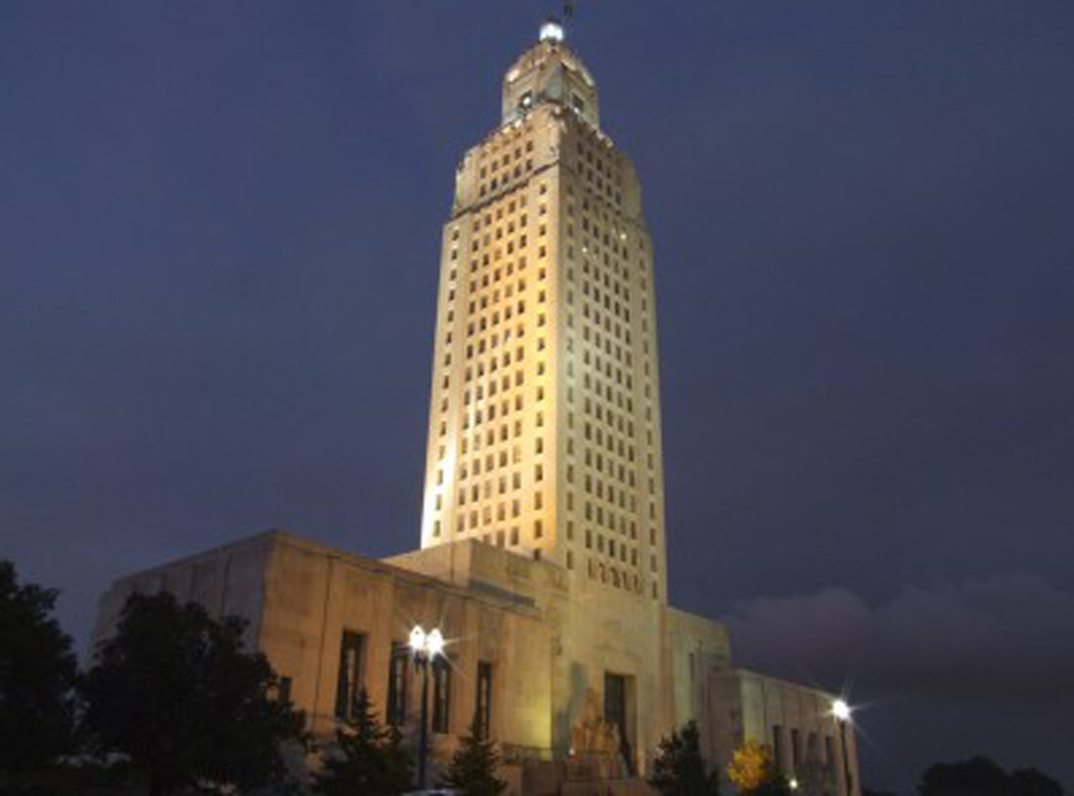BATON ROUGE — Louisiana took another financial hit Tuesday, with a second national rating agency downgrading the state’s credit rating after years of repeated budget turmoil and more cuts on the horizon.
Fitch Ratings dropped the rating by one notch, only days before Louisiana planned a general obligation bond sale to refinance its debt. Ratings from the credit agencies help determine interest rates on bond sales, so the upcoming refinancing could become more expensive with the downgrade.
It’s the second rating drop within two months. Moody’s Investors Service downgraded Louisiana’s credit rating in February.
“This is what happens when you spend more than you take in for seven years running. It’s disappointing but not surprising,” Treasurer John Kennedy said in a statement. “The rating agencies are tired of Louisiana’s accounting gimmicks and spending practices.”
Gov. John Bel Edwards met with the rating agencies last month to try to reassure them that he and lawmakers are working to stabilize Louisiana’s finances. But even after a recent round of tax hikes, Louisiana still faces deep shortfalls.
In its downgrade, Fitch cited a “persistent budgetary imbalance” and the prolonged drop in oil prices, which has driven up unemployment rates and hit state tax collections. The rating agency also referenced the state’s large pension debts.
Fitch dropped the state’s rating from AA to AA-minus.
The top three national rating agencies have repeatedly raised concerns about Louisiana’s long-term finances and imbalances that have the state spending more than it receives in annual revenue.
Edwards said in a statement that the downgrade “further illustrates the severe budget crisis Gov. (Bobby) Jindal’s administration left us.”
Jindal, whose term ended in January, closely protected his anti-tax record as he readied for a failed bid for the GOP presidential nomination. He used piecemeal financing to balance Louisiana’s budget, rather than raise taxes or cut government to match recurring tax revenue.
That created new gaps each year as the short-term cash fell away. Meanwhile, tax-break spending has ballooned by hundreds of millions. An oil price slump deepened the problems.
In a special session that ended last month, lawmakers raised more than $1.2 billion in taxes for next year’s budget, but that wasn’t enough to close all the gaps. Republican lawmakers in the House blocked further tax increases sought by Edwards.
“We had hoped the special legislative session would have produced the results we needed to avoid another credit downgrade. Unfortunately, some members of the legislature refused to work with me to stabilize our budget,” Edwards said.
The governor plans a second special session later this year to push further tax hikes.



